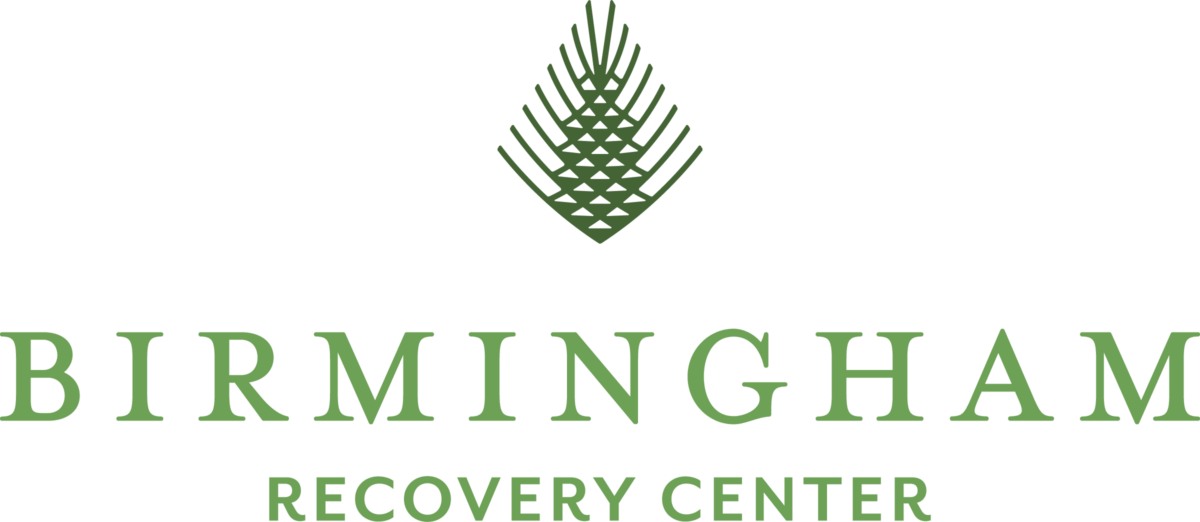Dealing with a loved one’s drug addiction can be a challenging, stressful, and confusing experience. Seeing someone you care about struggling to make sense of the pain they’re feeling can be heartbreaking, while at the same time, trying to figure out how best to approach them and provide support can seem daunting. Some people may not fully understand the complexities surrounding addiction or know where they should start in order to help their loved one get back on track – but we want to assure you that it is possible.
Explore exactly what drug addiction is, as well as identify potential signs and symptoms for you to look out for so that you can find ways of helping your loved one move toward recovery. We hope that this information provides clarity around topics such as what treatment options are available and why seeking professional advice could be beneficial.
Understanding Drug Addiction
Drug addiction is a complex condition characterized by compulsive drug use. It can often involve an uncontrollable need to use drugs, even when the individual knows that doing so will cause physical or psychological harm. People who become addicted to drugs often find it difficult to stop using them because of how powerful and intense the drug’s effects can be.
Different drugs can lead to drug addiction, including cocaine, heroin, methamphetamine, prescription medications like hydrocodone and codeine, as well as nicotine and alcohol.
Signs and Symptoms of Drug Addiction
If someone close to you is struggling with drug addiction, there are certain signs and symptoms you may notice:
- They might appear more withdrawn than usual and have less interest in activities they once enjoyed.
- They may experience extreme changes in mood – from feeling euphoric to being extremely irritable.
- They might appear unusually confused or disoriented.
- Their eating and sleeping habits may change.
- They might become uncharacteristically dishonest or secretive.
- Their drug-related activities could lead them to financial difficulties.
- You may notice a decrease in their performance at work or school, as well as changes in their physical appearance.
- They may have trouble with short-term memory recall and be easily distracted. Additionally, they might become increasingly forgetful about important events, appointments, or obligations.
Additionally, some severe warning signs to look out for include:
- They may begin to display reckless behavior and engage in drug-related illegal activity.
- They might have sudden physical problems such as shortness of breath, chest pain, or other unexplained medical issues.
- Their speech could become slurred, or they could develop difficulty in coordinating their body movements.
- You may notice an increase in drug-seeking behaviors, such as searching through rubbish bins for drug paraphernalia or borrowing money to pay for drugs.
- They may become increasingly isolated from family and friends and avoid social engagements.
- They could start to neglect personal hygiene and develop a lack of motivation.
- Additionally, you might see them displaying violent behavior when under the influence of drugs.
Overall, drug addiction can take an enormous toll on a person’s mind and body. If you suspect that your friend or family member is struggling with drug addiction, it’s important to reach out for help as soon as possible. Professional drug treatment programs can provide the guidance and support to help your loved one achieve a drug-free and healthier lifestyle.
Effective Strategies for Helping Someone Struggling With Drug Addiction
Once you have identified drug addiction in your loved one, it’s important to take action and find ways of supporting them. Here are some strategies that you can use:
- Be understanding and compassionate. It is essential to create a safe and non-judgmental environment so that your loved one feels comfortable discussing their drug use.
- Encourage them to seek professional help, such as drug treatment centers or drug counseling services. This can be an effective way for them to receive the care they need.
- Support their decision to pursue recovery by offering emotional support and providing resources for drug rehabilitation programs.
- Ensure that your home is free of any potential triggers, such as drug paraphernalia, alcohol, or drug-related items.
- Encourage them to take part in activities and hobbies that don’t involve drug use. This can help them stay busy and focus on something else besides their drug addiction.
- Attend family therapy sessions and support groups together.
- Encourage healthy habits such as regular exercise, good nutrition, and restful sleep. Research has shown that these activities are beneficial for both mental and physical health.
- Be patient and understanding during the recovery process. It takes time for someone to overcome drug addiction, so it is important to remain supportive throughout the entire journey.
Addiction is a complex disease, but with proper treatment and support from friends and family members, it is possible for your loved one to achieve lasting sobriety. Everyone’s journey to recovery is unique, so it’s important to remain patient and understanding throughout the process. By providing emotional support and resources for drug rehabilitation programs, you can help your loved one achieve a drug-free lifestyle.
Seeking Professional Help for Drug Addiction
If you are struggling to help your loved one with drug addiction, it is important to seek professional help. Drug treatment centers can provide the guidance and support needed to overcome drug addiction. Additionally, drug counseling services can also be beneficial for both the person struggling with drug addiction and their family members. Professional drug counselors can provide resources and advice on how to best approach the situation.
By seeking professional help in addition to providing emotional support, you can increase your loved one’s chances of achieving a successful recovery from drug addiction. Remember, it is never too late for recovery – your loved one deserves a chance at happiness and sobriety. With the right tools and support system in place, they can get there.
Drug Addiction Treatment in Birmingham, AL
Birmingham Recovery Center offers comprehensive treatment and continuing services for individuals struggling with drug addiction in Birmingham, AL. Our drug rehabilitation program is designed to provide comprehensive care that addresses the physical, mental, and emotional aspects of drug addiction. We are committed to providing individualized treatment plans that include evidence-based practices within an outpatient or partial hospitalization environment, as well as aftercare programs.
At Birmingham Recovery Center, we understand how difficult it can be to help someone with a drug addiction. That’s why our experienced team is here to provide the guidance and support needed for individuals who wish to achieve sobriety. If you or your loved one is struggling with drug addiction in Birmingham, AL, contact us today to learn more about our drug addiction treatment programs.

